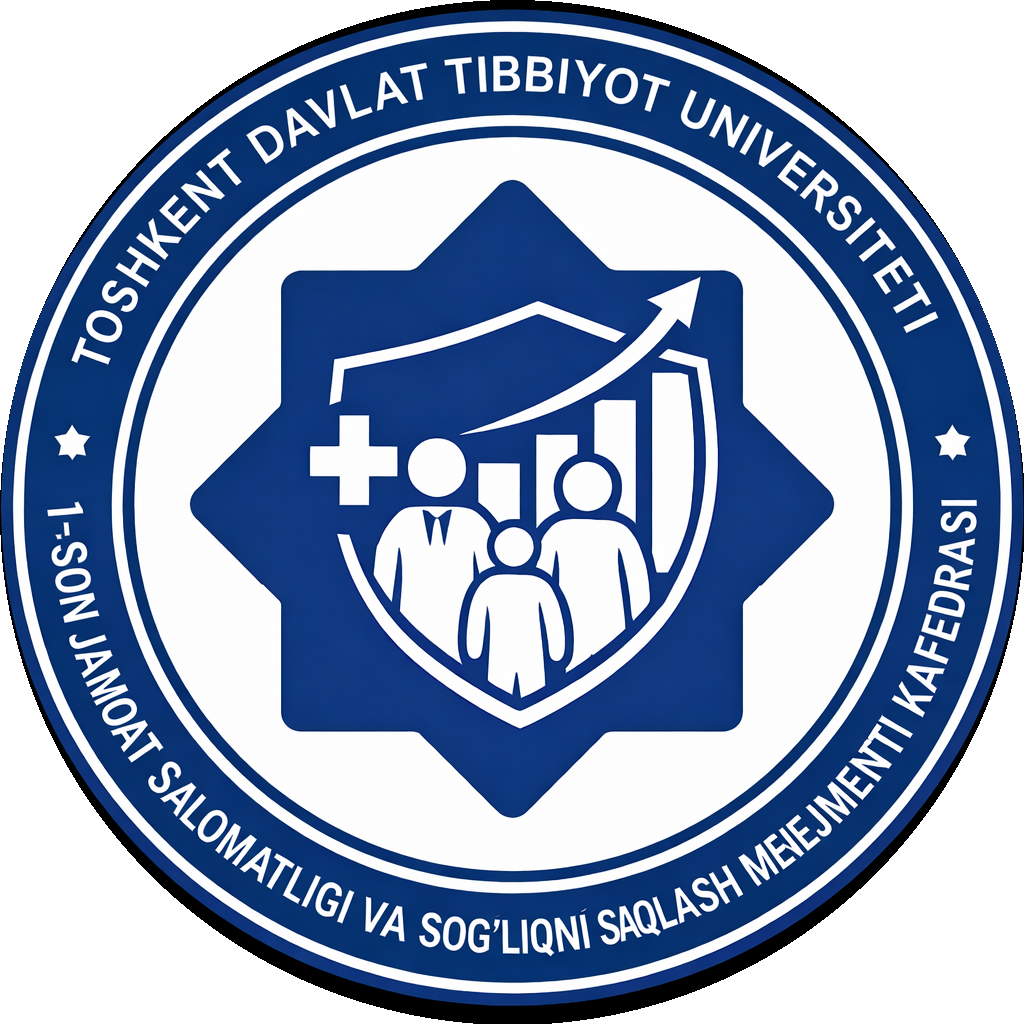
President of the Republic of Uzbekistan Shavkat Mirziyoyev holds open meeting with medical staff
Health is a basic human need. That is why the head of our state pays special attention to this issue and consistently develops the industry. During his visit to the regions, the President regularly visits medical facilities, talks to doctors and asks about the health of the population.
However, this is the first time such a large-scale meeting has been held. More than a thousand medical workers and members of the public are taking part in the conference hall, and in the regional studios.
At the beginning of his speech, the head of state expressed satisfaction with the meeting with the representatives of the medical field on the eve of Navruz.
– The reality of life shows that only a healthy people, a mature nation will be able to do great things. From time immemorial, our people have known and always valued doctors, dedicated to the noble and noble work that protects human health. Because people entrust you with their most precious treasure – their lives, – said Shavkat Mirziyoyev.
In recent years, based on foreign experience, a lot has been done in this area. First of all, the amount of money allocated for medicine has increased sharply. In particular, in 2022 alone, 24 trillion soums were allocated from the budget. This amount is 4 times more than in 2016.
Over the past five years, the funds allocated for the provision of hospitals and emergency medical centers with medicines and medical supplies have increased 12 times. During this period, more than $ 700 million was raised from international financial institutions to improve the health care system.
First of all, attention was paid to the improvement of primary health care, and medical brigades were set up in each mahalla. Starting from 2021, the population will be provided with 66 types of medicines free of charge. At present, people receive the most necessary medicines for the treatment of colds, high blood pressure, heart attacks, diabetes, gastrointestinal and respiratory diseases from family clinics and clinics.
In order to expand the quality of medical care to the population, 20,000 midwives have been added to the primary system. In addition, 801 family clinics in rural areas have been equipped with modern diagnostic equipment.
Through this, 8 new types of medical services have been launched in villages and mahallas. In particular, targeted screening of 12 million people at risk for health has begun.
The range of medical services that require high skills and technology is also expanding. First of all, more than a hundred branches of 23 specialized medical centers have been opened in the regions. As a result, it has become possible to perform 210 types of surgeries and examinations, which were previously performed in the capital, in local hospitals. 130 types of surgeries were performed for the first time in the regional hospitals, and 60 types in the districts.
In the past, every year thousands of our compatriots had to go abroad for treatment. Thanks to the opportunities created now, many such complex and expensive operations are carried out in our country. In the last five years, 200 types of new surgeries, including kidney and liver transplants, have been performed in our hospitals. For example, to date, about 700 hectares of patients have been saved through a single kidney transplant.
There is an open and transparent system for providing medical services to the needy. Now a list of diseases that can be treated free of charge in specialized centers is being formed, and referrals for medical care are being issued to the population with a real need on the basis of “electronic queue”. Most importantly, according to this system, the funds are allocated not to the hospital, but to the patient.
One of the biggest changes in the medical system is the development of private medicine along with public hospitals. In the past, such services were provided only in dentistry, but now private clinics operate in almost all areas. Today their number has reached 8,000.
Particular attention is paid to increasing the number of medical educational institutions, training personnel with modern knowledge and skills. In particular, in the last five years, 6 new medical universities have been established, the number of which has reached 14, and the admission quota has increased 4 times.
In order to ensure the provision of the regions with qualified specialists, admission to targeted training has been established on the basis of regional orders. In addition, 1,500 doctors have improved their skills in prestigious foreign clinics and universities.
The head of state said that the World Health Organization, the German Development Bank, UNICEF, USAID, JICA, TICA, KOICA, the World Bank, the Asian Development Bank, the Islamic Development Bank and many other organizations are supporting the reforms in this area.
The next tasks in the field of healthcare and current issues are being discussed at the open meeting on “Reforms in medicine – for human dignity”.
–
